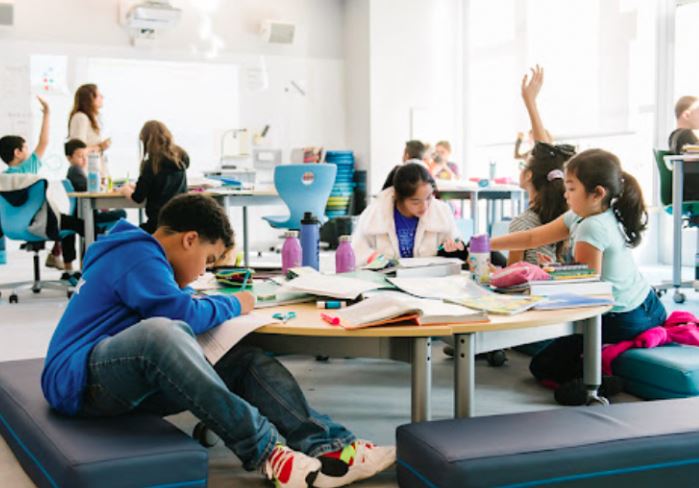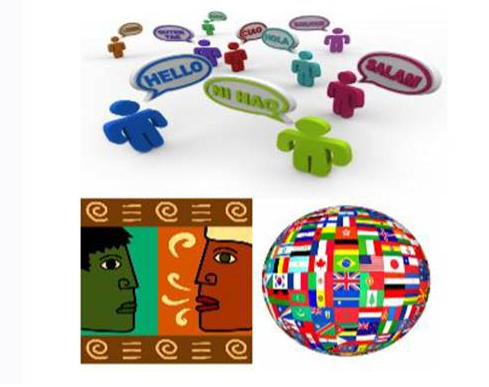Peer tutoring is a powerful educational tool that benefits both the tutor and the tutee. By fostering collaborative learning and creating a supportive learning community, peer tutoring promotes academic growth, builds confidence, and enhances interpersonal skills. In this post, we will explore the benefits and strategies for harnessing the power of peer tutoring in schools.
- Enhanced Understanding and Academic Achievement:
Peer tutoring provides an opportunity for students to reinforce their own learning while explaining concepts to their peers. Through teaching, tutors consolidate their knowledge and gain a deeper understanding of the subject matter. On the other hand, tutees benefit from personalized attention, explanations in their peer’s relatable language, and the chance to ask questions without hesitation. This dynamic helps improve academic performance for both parties involved.
- Increased Motivation and Engagement:
Peer tutoring creates a sense of purpose for both the tutor and the tutee. Tutors feel a sense of responsibility for their peers’ learning, which motivates them to become subject matter experts. Tutees, on the other hand, feel more at ease seeking help from their peers and are more likely to actively engage with the material. The supportive, non-judgmental environment of peer tutoring helps students develop a positive attitude toward learning.
- Strengthened Communication and Interpersonal Skills:
Engaging as a tutor or tutee in a peer tutoring program encourages effective communication and interpersonal skills. Tutors learn how to convey information clearly, adapt their teaching style, and practice empathy. Tutees, in turn, become more comfortable seeking clarification and expressing their understanding. These skills are vital for collaboration and success in both academic and real-world settings.
- Fostering a Supportive Learning Community:
Peer tutoring creates a nurturing and inclusive learning environment that promotes peer relationships and cooperation among students. It helps build a sense of camaraderie, as students learn from one another and form bonds outside traditional teacher-student relationships. Peer tutors often serve as mentors and role models, creating positive relationships among classmates and fostering an environment of academic success for all.
- Structured Training and Guidance:
For peer tutoring to be successful, it is essential to provide structured training and ongoing support to tutors. Schools can facilitate training sessions that focus on effective teaching strategies, communication skills, and tutoring ethics. Additionally, regular check-ins and guidance from teachers or mentors can help tutors refine their skills, address any challenges, and ensure the quality of the tutoring sessions.
- Integration with Classroom Instruction:
Integrating peer tutoring into classroom instruction enhances the learning experience for all students. Teachers can encourage peer collaboration during in-class group activities, assign tutoring pairs or small groups, or designate specific times for peer tutoring sessions. By linking peer tutoring with classroom instruction, teachers can reinforce learning objectives, monitor progress, and ensure alignment with the curriculum.
- Celebrating and Recognizing Achievements:
Recognizing and celebrating the efforts and accomplishments of peer tutors and tutees is essential for sustaining their motivation and commitment. Showcase success stories, highlight academic improvements, and publicly acknowledge the dedication and hard work of these students. Positive reinforcement can inspire others to participate in peer tutoring, creating a cycle of continuous support and growth.
Conclusion:
Peer tutoring is a valuable educational strategy that unleashes the potential of students to become teachers and advocates for their peers. By harnessing the power of peer tutoring in schools, we can create a collaborative and inclusive learning environment. Peer tutoring not only fosters academic growth and engagement but also cultivates communication skills, interpersonal relationships, and a supportive learning community. Let’s embrace peer tutoring as a powerful tool to empower students and enhance their educational journey.




